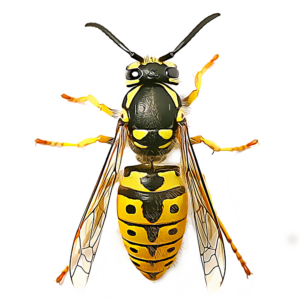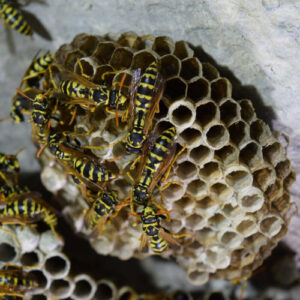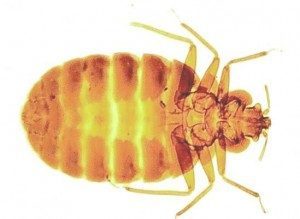
How ERD Pest Control Safely Removes Wasp Nests in Bedfordshire
At ERD Pest Control Bedfordshire, we specialise in fast, safe, and affordable wasp nest treatments – all for a fixed fee of just £70. Our team uses professional methods that ensure the nest is fully treated without risk to your family, pets, or property.
Our 4-Step Wasp Nest Removal Process
1. Inspection and Risk Assessment
We begin by identifying the exact location and size of the wasp nest. We’ll assess potential access issues and advise you on what to expect before treatment begins.
2. Safe Access and Setup
Using ladders, safety equipment, and protective clothing, we prepare the site to carry out treatment safely – whether it’s in a loft, wall cavity, shed, or tree.
3. Professional Treatment Application
We use specialist insecticides that penetrate deep into the nest, targeting the queen and stopping the colony at its source. The area is then sealed if necessary to prevent further activity.
4. Aftercare Advice
We’ll provide guidance on what to do next, including how to monitor the site, prevent re-infestation, and whether nest removal is needed after the treatment.
Why Our Customers Trust Us
- £70 fixed price for all treatments
- Same-day or next-day response
- Fully trained and licensed technicians
- Safe for children, pets, and vulnerable residents
To book a wasp nest removal in Bedfordshire, contact us today. We make it quick, safe, and simple.
FAQs
- What areas do you cover?
We provide wasp nest removal services throughout Bedfordshire and surrounding areas. - How long does the treatment take?
Most treatments take under an hour, with full results visible in 24–48 hours. - Will the wasps come back after treatment?
No – the nest is rendered inactive, and wasps won’t reuse it. - Do I need to remove the nest after treatment?
It’s optional – once treated, the nest is inactive. We can advise if removal is needed. - Is the treatment harmful to pets?
No, once the treatment dries, the area is safe for pets and children. - How do I know the nest is dead?
Activity around the nest will stop within 48 hours. We guarantee successful treatment. - Do you treat nests in difficult locations?
Yes, including chimneys, lofts, under decking, and roof voids. - Are your technicians qualified?
Yes, our team is fully trained, insured, and experienced in pest control. - Can I get an urgent booking?
We offer same-day and next-day wasp nest treatments subject to availability. - What’s the cost?
Just £70 – fixed, with no hidden extras. Book here.





